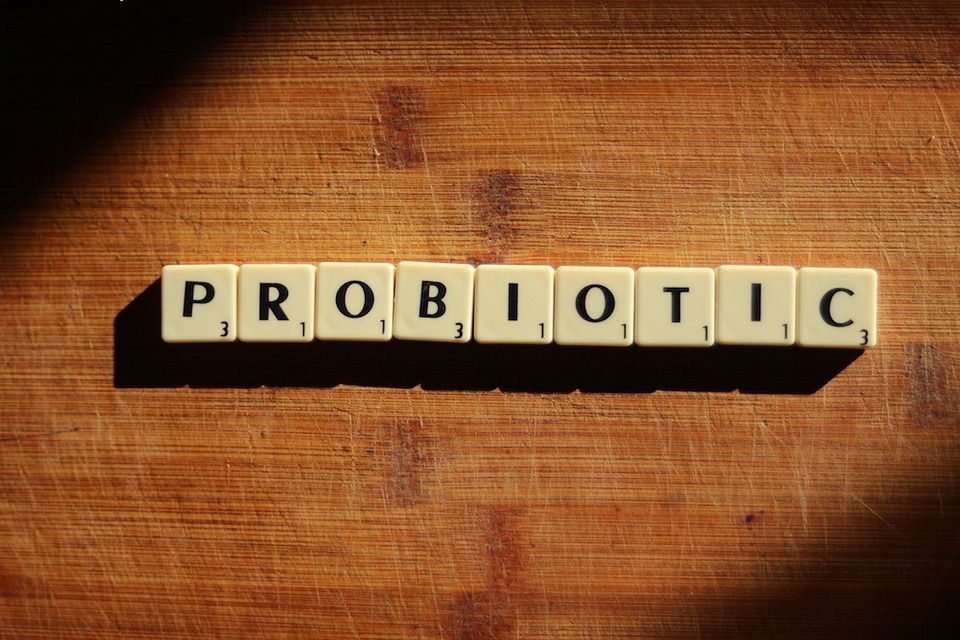As parents, we all want our children to grow up strong and healthy. One way to support their health is by incorporating probiotics into their diets. Probiotics can help to support digestive health, boost the immune system, and improve overall wellbeing. In this blog, we’ll explore the benefits and considerations of probiotics for babies and children.
What are Probiotics?
Probiotics are live microorganisms that can provide health benefits when consumed. They are found in many foods, including yogurt, kefir, sauerkraut, and kimchi, as well as in supplement form.
The Benefits of Probiotics for Babies and Children
Probiotics can provide numerous benefits for babies and children. Here are a few of the ways that probiotics can help:
Supporting Digestive Health
Probiotics can help to support digestive health by promoting the growth of beneficial bacteria in the gut. This can help to improve digestion and reduce the risk of digestive issues such as constipation and diarrhea.
Boosting the Immune System
Probiotics can help to boost the immune system by promoting the growth of beneficial bacteria that can help to fight off harmful bacteria and viruses. Studies have shown that probiotics can help to reduce the incidence and severity of respiratory infections and gastrointestinal infections in children.
Improving Allergies and Eczema
Probiotics may help to improve allergies and eczema in children by supporting the immune system and reducing inflammation. Studies have shown that probiotics can help to reduce the incidence and severity of eczema in infants and children.
Supporting Brain and Cognitive Development
Emerging research suggests that probiotics may also play a role in supporting brain and cognitive development in children. Studies have shown that probiotics can improve mood, reduce anxiety, and improve cognitive function in children.
Considerations for Giving Probiotics to Babies and Children
While probiotics can provide many benefits for babies and children, there are some considerations to keep in mind when giving them probiotics:
Age
It is important to choose an appropriate probiotic for your child’s age. Some probiotics may be too strong for infants, so it’s best to consult with your pediatrician before starting your child on a probiotic supplement.
Dosage
The dosage of probiotics can vary depending on the age of the child and the specific probiotic being used. It’s important to follow the recommended dosage on the label or as directed by your pediatrician.
Quality
Not all probiotics are created equal. It’s important to choose a high-quality probiotic supplement that contains the specific strains of bacteria that have been shown to provide health benefits. Look for a reputable brand that has been independently tested for purity and potency.
How to Incorporate Probiotics into your Child’s Diet
There are many ways to incorporate probiotics into your child’s diet. Here are a few tips:
Breastfeeding
If you’re breastfeeding, your baby will receive probiotics through your breast milk. It’s important to maintain a healthy diet and consume probiotic-rich foods to ensure that your breast milk contains beneficial bacteria.
Probiotic-Rich Foods
Probiotic-rich foods are an excellent source of beneficial bacteria. Some of the best options for children include yogurt, kefir, sauerkraut, kimchi, and kombucha.
Probiotic Supplements
Probiotic supplements are available in many forms, including powders, capsules, and chewable tablets. It’s important to choose a supplement that is appropriate for your child’s age and follow the recommended dosage.
Conclusion
Probiotics can provide numerous benefits for babies and children, including supporting digestive health, boosting the immune system, improving allergies and eczema, and supporting brain and cognitive development. However, it’s important to choose an appropriate probiotic supplement and follow the recommended dosage. By incorporating probiotics into your child’s diet, you can help to support their health and wellbeing as they grow and develop.







